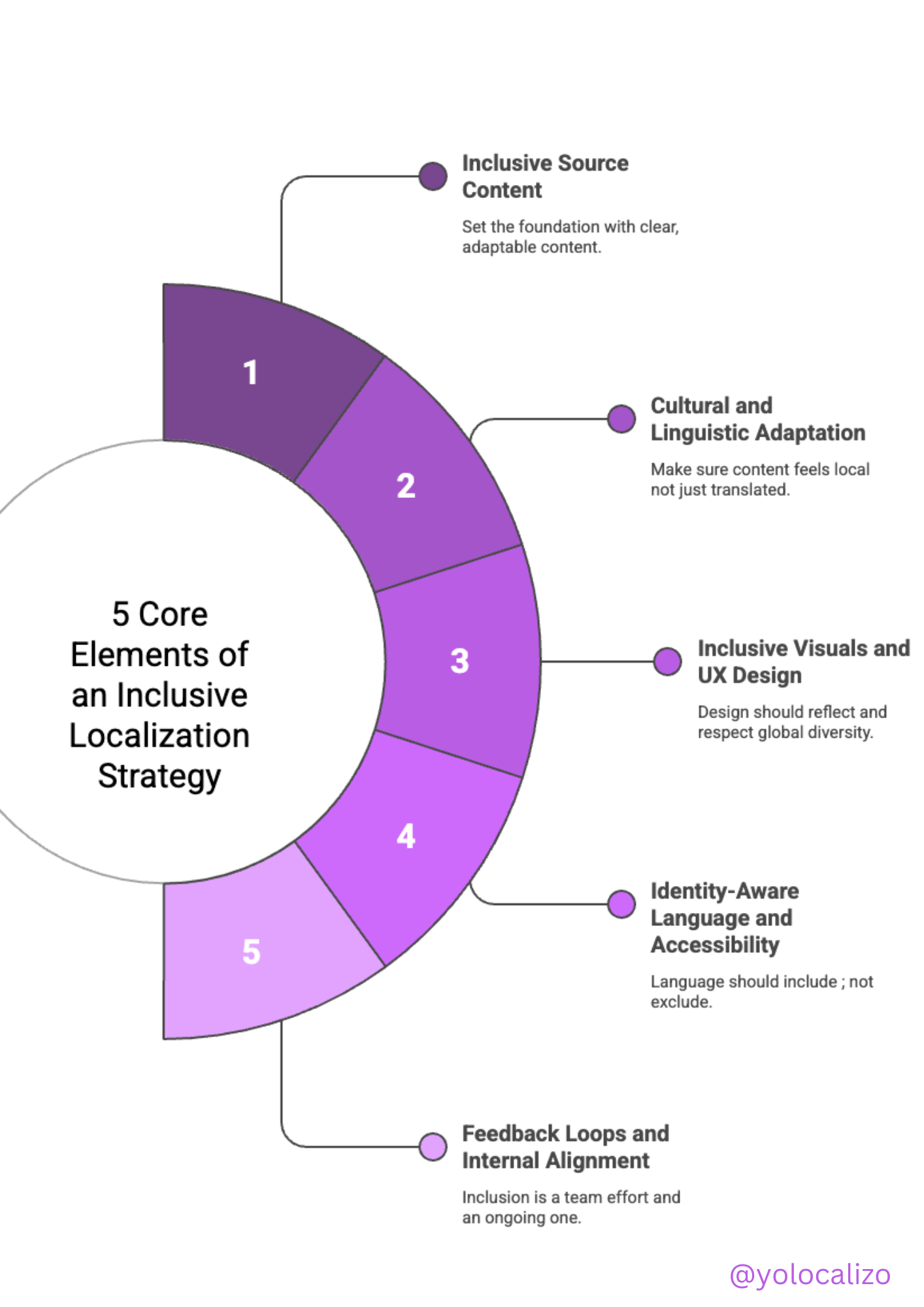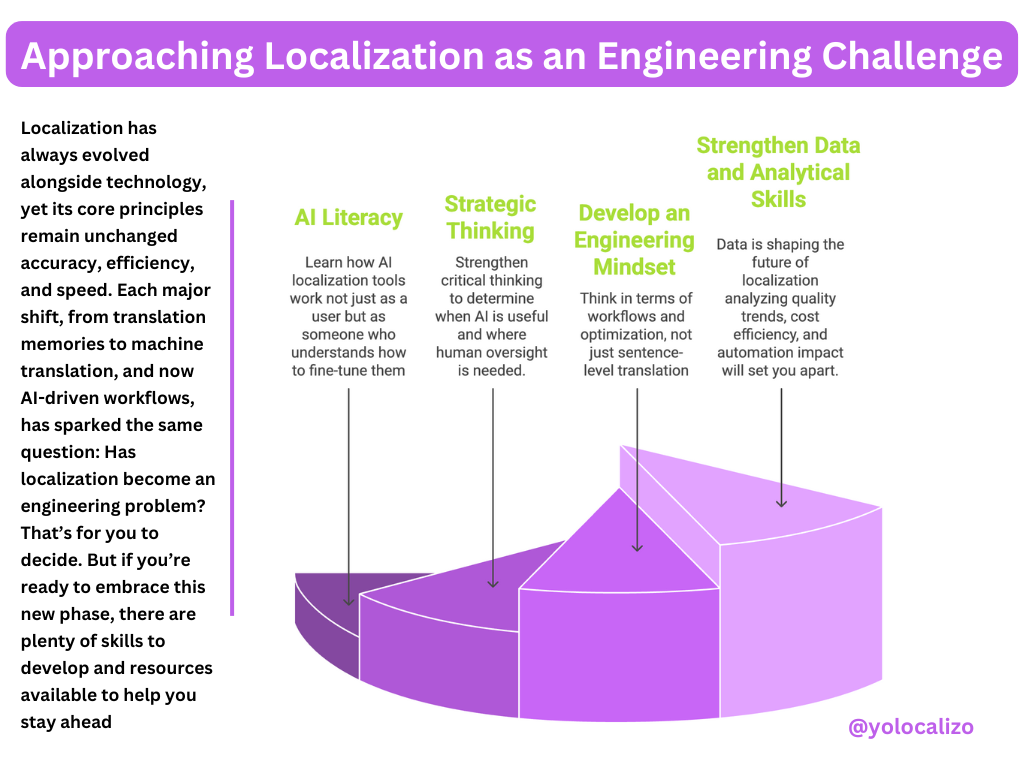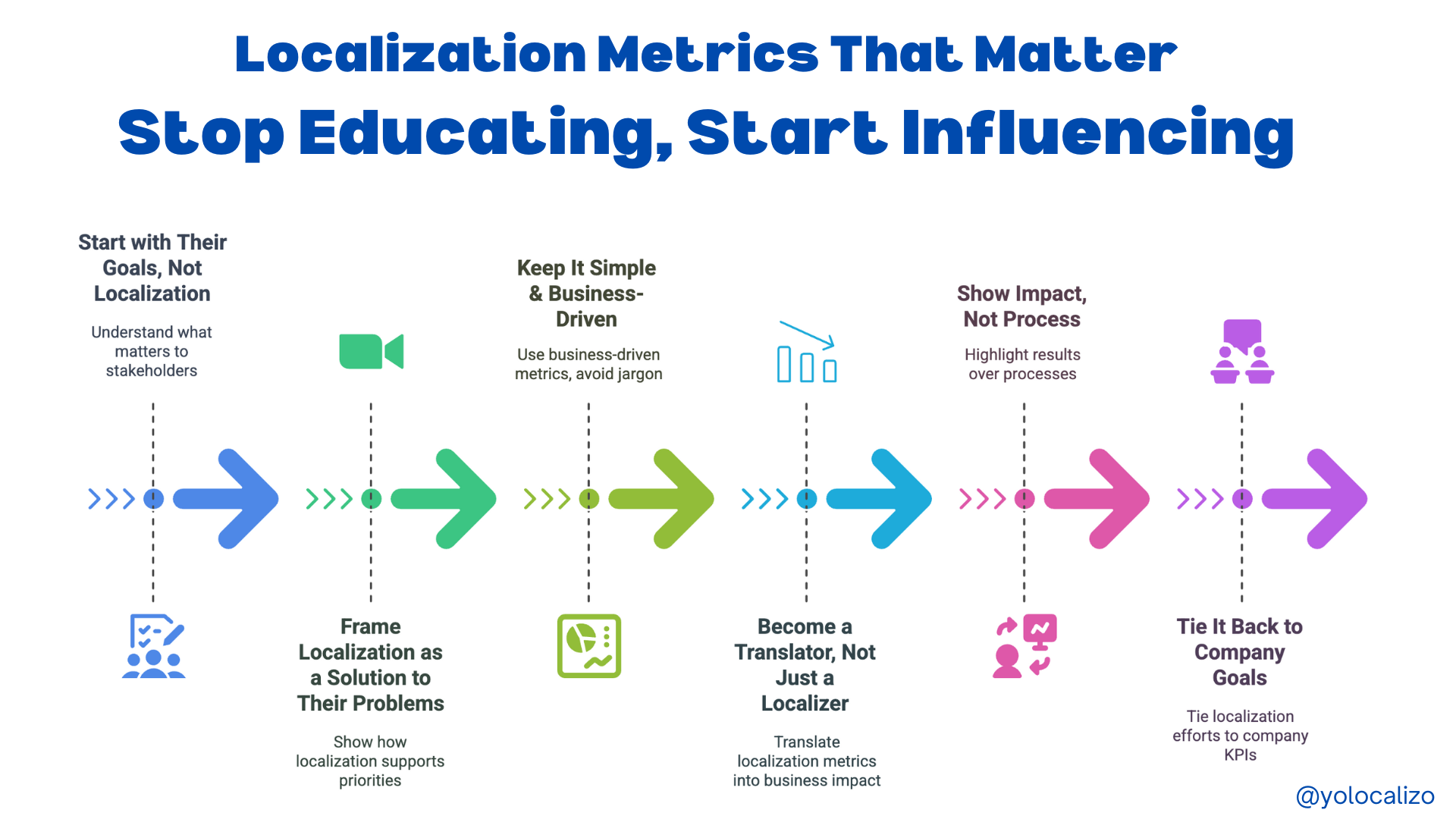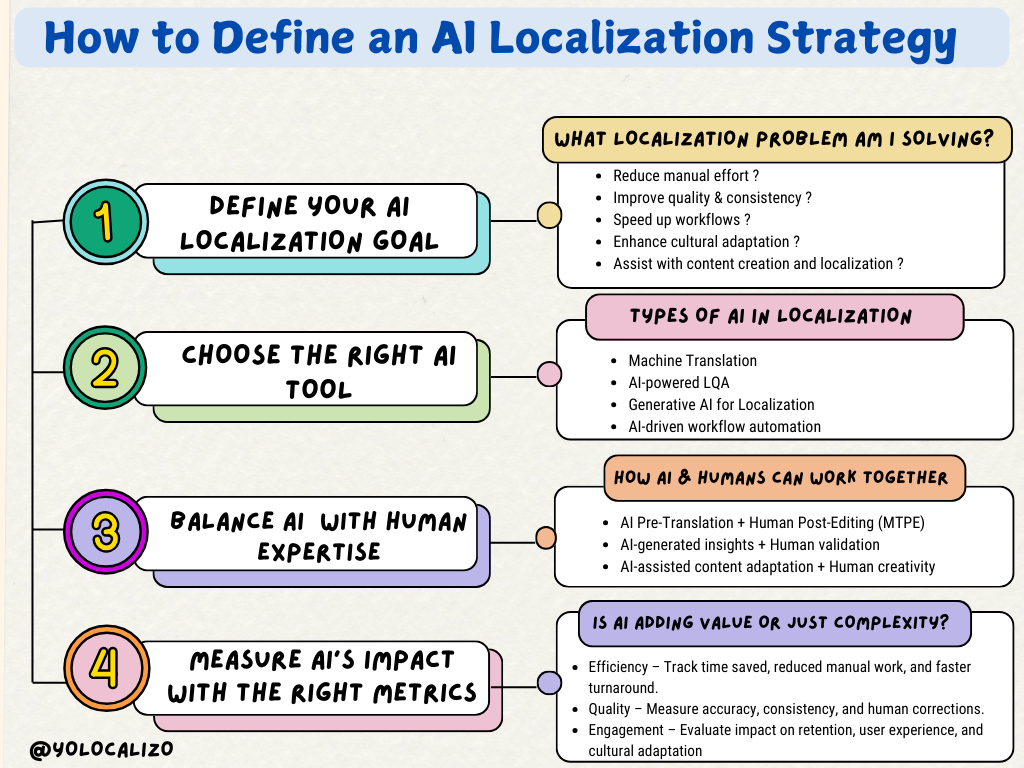They are more than G-localization Project Managers ... they are diplomats, negotiators, cultural ambassadors
The role of the project manager is a very important job in the G-localization industry. The good thing is that it is an easy job to do, after all, we just have to focus on a series of very specific tasks such as:
· defining the scope,
· preparing the documentation,
· controlling costs and
· keeping our stakeholders informed...
Easy-peasy! (lemon-squeezy, I'm unable to not finish that sentence in my brain every time I think about it ☺️)
I think that the Project Manager job is a simple job … if it were not for the people 😏
We have to interact with so many people, that the skills related to Project Management are relatively easy to acquire if we compare it with the skills we need to deal with people! Humans are way more complex than any process or machine!
In this aspect, it is essential to pay attention to develop and improve our cultural intelligence. It is fundamental to see ourselves in the role of PM as negotiators, as diplomats, as culture ambassadors
Why do I think a Localization Project Manager is more a negotiator, a diplomat than a mere project manager? Keep reading …
Operations Matrix complex environments
In the film the Negotiator Kevin Spacey navigate the difficult waters of command and control while negotiating with Samuel L. Jackson in a kidnapping.
Chris Sabian the role Kevin plays is caught in an environment with different interests, with different bosses, with conflicts to determine who is in charge there, and with different ways of doing things... This imaginary situation of the film, in the end, is not very different from what a Localization Project Manager can experience on any given day managing his project.
The Project Managers need to influence, negotiate, and collaborate with other departments and teams for resources and to understand task dependencies.
The ability of these PMs to build relationships and understand how to get the best out of others is a critical skill. And this skill is very related to working our Cultural Intelligence. Improving our CQ will help us establish these alliances. An LPM needs to learn to be effective in a matrix environment. He needs to learn to manage the expectations of each individual in the group, he needs to learn to decode the group's environment. And how is this done?
In my opinion we can start to be better "negotiators of culture" working our CQ. The subject of CQ is a deep, exciting, complex topic.
In this post I will not touch all the aspects that it covers, in this post I want to touch the theme of stereotypes, countries, culture.
If you want to have a little more background of the CQ world one possibility is to read this post that I published on this subject; Another possibility to learn more about CQ is to obtain the official certification given by the cultural intelligence center (info here)
Self-awareness and stereotyping cultures, people, be careful !!
1. Everything starts with increasing our self-awareness, our perceptions towards others. For this, we have to put an end to the stereotypes of the countries. As published in the article, Culturally intelligent project management of the PMI, stereotypical cultures and people (see side graphics) will be an obstacle to be effective in a matrix environment with different cultures, with different ways of communicating and working
2.- When we move away from the stereotypical and approach the data, we are in a position to be more effective in our role of building relationships. Nowadays data are everything so let’ benefit from it! We can do this with the help of the Lewis Model.
The Lewis Model is based on data drawn from 50,000 executives taking residential courses and more than 150,000 online questionnaires to 68 different nationalities and he produced the following tripartite comparison according to a country.
According to Richard D. Lewis, several hundred national and regional cultures of the world can be roughly classified into three groups:
1. Task-oriented, highly organized planners (Linear Active)
2. People-oriented, loquacious inter-relators (Multi-Active)
3. Introverted, respect-oriented listeners (Reactive)
The classification helps in understanding behaviors when dealing with people from different cultures. It also helps in avoiding the offenses and understanding the reaction of stakeholders. And avoid offending someone is very important when our goal is to build relationships between different people
And the truth is that an LPM interacts with many people, we interact, a looooot!
Any day of an LPM can be something very similar to this sequence...
1. You arrive at the office
2. You go to the cafeteria to grab a coffee
3. There you greet and talk for a while with a data scientist who is from France, then you take a yogurt, some fruit and you talk for a while with a scrum master that is from Germany
4. You return to your desk and greet your peers from the G-localization team, tower of babel here, say good morning to your Italian, Chinese, Japanese, Brazilian specialist etc etc
5. Then open the email and start interacting with your LQA vendor, who is in India
6. Next, time to answer questions from translators! who obviously are different nationalities and who are in different parts of the world
7. We go to a meeting room to have a virtual meeting with our stakeholders in Japan, we are starting the day, but they are already heading towards the end of their day, time to review doubts, status, plan next steps...
8. Then you go to a Stand up meeting, there the Agile coach a Dutch girl begins to analyze the project and with the help of the producer who is from Sweden we get an idea of the plan of the day, we know more of the tasks to be accomplished during the week
9. Time to go for lunch, we sit at a table where there are 5 people and we have 5 different nationalities
10. And after eating we get in touch with the USA team that is waking up and arriving at the office; we join a conference call with San Francisco at 6pm.
Throughout any given day, a person working in the G-location industry can easily interact with a dozen different nationalities, with a different cultural background. Can you imagine how effective we could be if we face these relationships full of stereotypes, prejudices towards others?
For this reason, working our Cultural Intelligence is crucial, and understanding that it is not a soft-skill is a hard skill is also important!
I found quite useful the Lewis model I think it helps us to be great negotiators!
The ability to build relationships and understand how to get the best from others is a critical skill that a Project Manager needs to have to be effective in a matrix environment. Being an effective Project Manager is much more than those tools & techniques that we are taught in the Project Management Institute while we prepare to become PMPs (see side graphics);
To be an effective Project Manager in our industry is like being a diplomat, an ambassador of cultures, a negotiator who is capable of wearing several hats and putting on the right hat to get an effective relationship. The higher is our CQ the more hats we will have to wear; and to get more hats improving our CQ is key. Ah! And one last thing (as the great Steve Jobs used to say …), let’s stop calling it “soft-skills, nice to have skills” and let’s refer to Cultural Intelligent, as a “ hard-skill, must to have skill”
In our Globalized world, this is not a soft-skill anymore.
Good luck out there and hopefully we will all be as good negotiators in our G-localization as Chris Sabian is in the film the negotiator!
Until next week! and do not forget to share or leave your comment on this article below!
@yolocalizo

















Before jumping on the AI bandwagon: What localization problem are you trying to solve? AI is everywhere right now, including in localization.
But before jumping on the bandwagon, we need to stop and ask:
Are we solving the right problem?